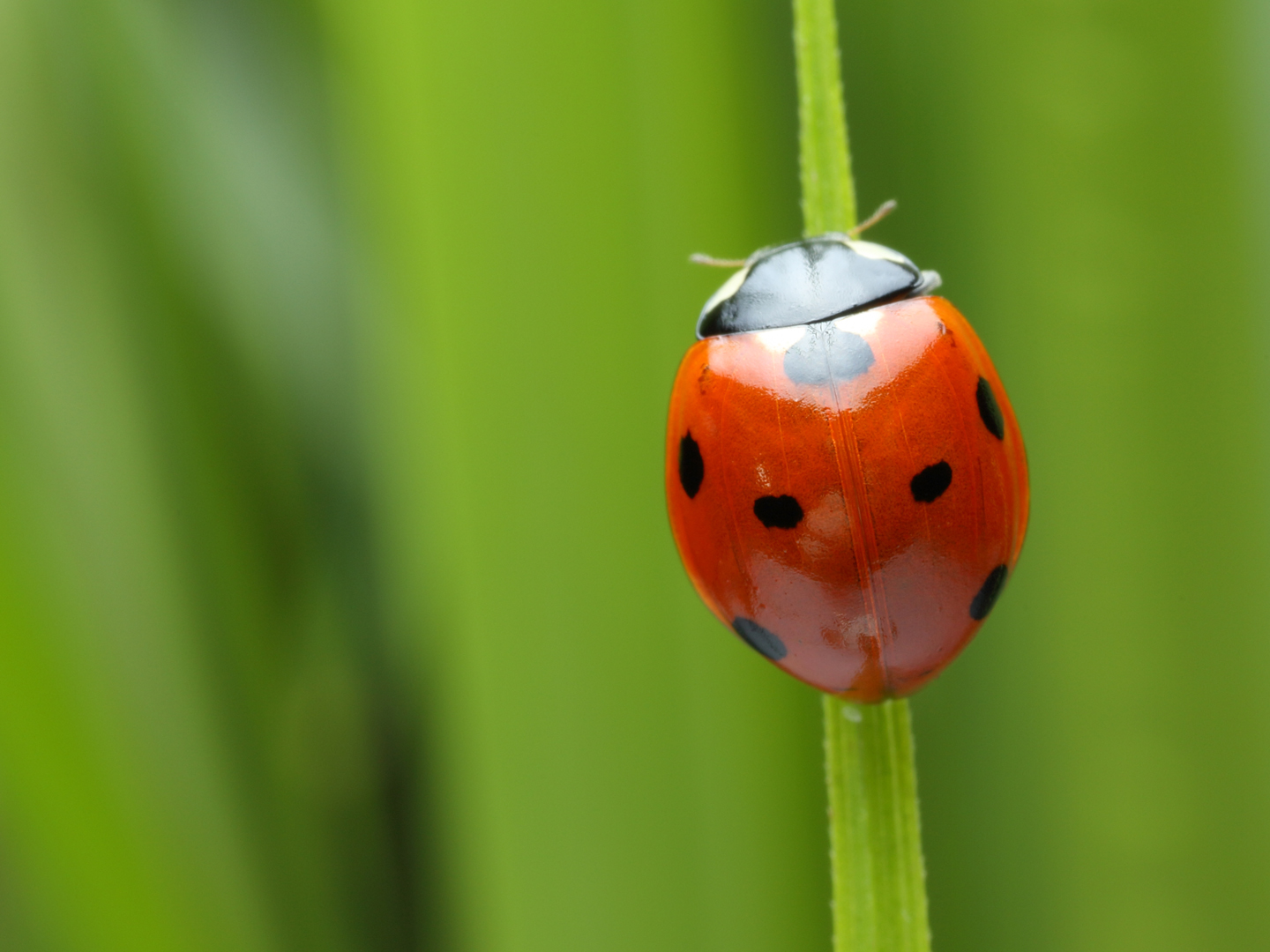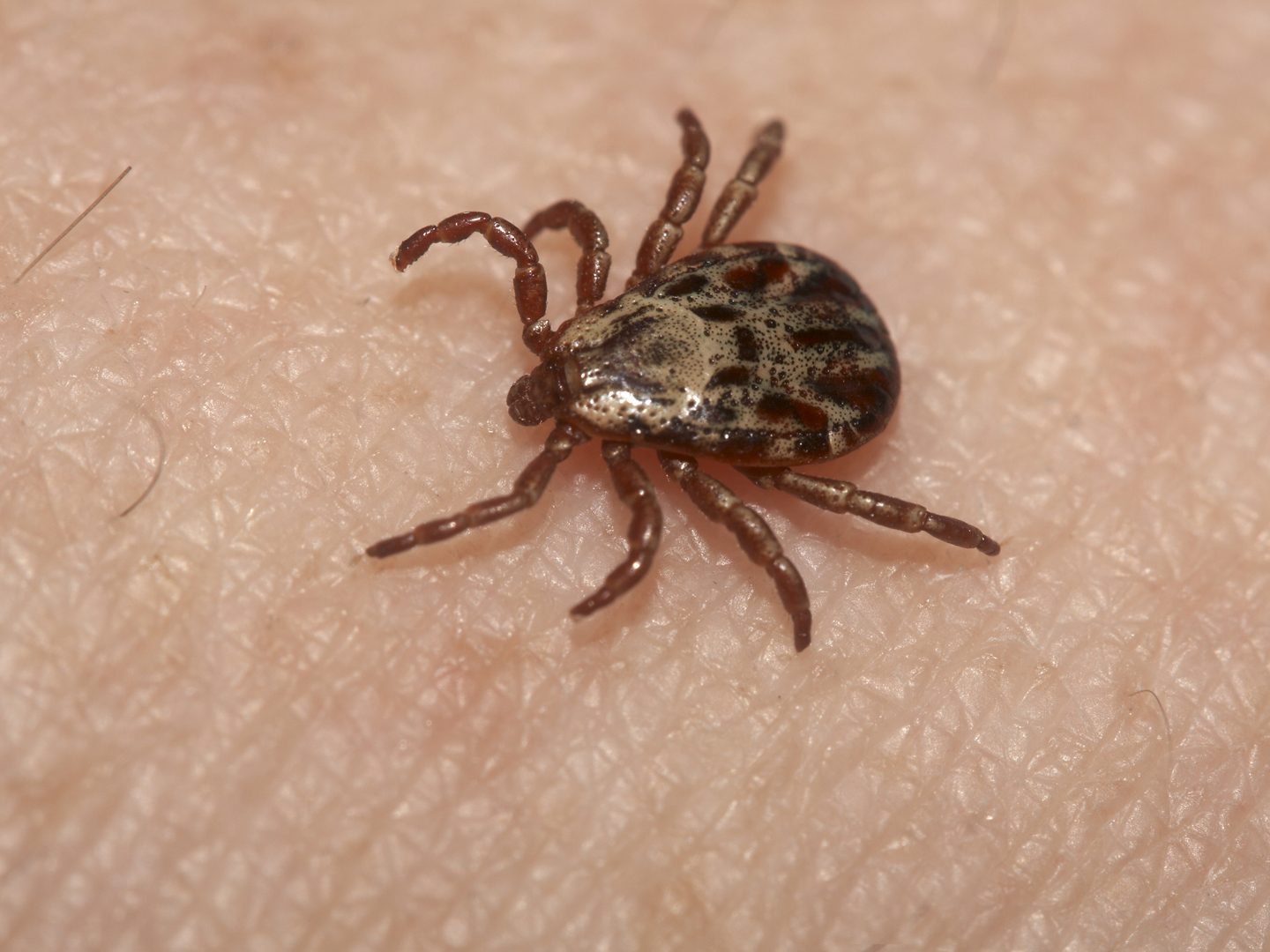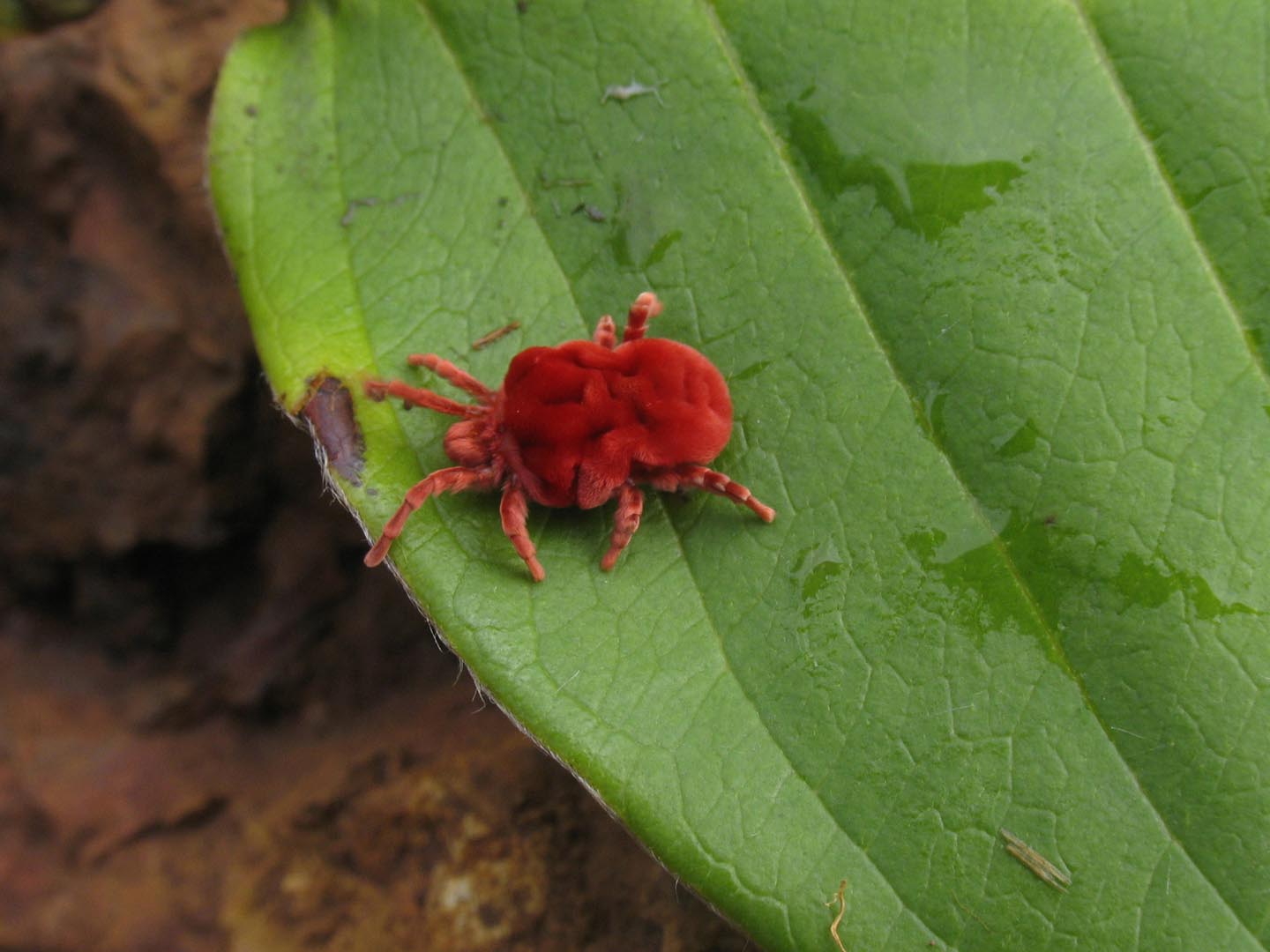A Patch To Repel Mosquitoes?
I once heard about a patch you could wear to protect against mosquito bites. Can you tell me anything about it, how it works and whether it is safe?
Andrew Weil, M.D. | November 11, 2022

You may think of mosquito bites as just an itchy nuisance, but some can be extremely dangerous, even lethal. Mosquitoes can carry the West Nile and Zika viruses and can transmit the viruses that cause malaria, dengue fever, and Chikungunya fever. The World Health Organization regards mosquitoes as the deadliest animals on the planet because of the diseases they spread. The search for non-toxic, enduring protection against their bites is ongoing; there are some “stickers” available but currently no reliable, long-lasting patch.
Mosquitoes zero in on humans by sensing the carbon dioxide we exhale. They are capable of finding a source of carbon dioxide from more than 160 feet away. The larger you are, the more of it you exhale, which is probably why small children don’t get bitten as often as adults and why pregnant women and people who are overweight or obese are likely to be mosquito magnets.
As you may know, the most reliable personal defense we have against mosquito bites is DEET, which I consider toxic and unpleasant. The EPA lists a dozen precautions about the use of repellants containing DEET. As an alternative, there are many spritzes and sprays on the market that are based on citronella, which can repel mosquitoes without the risks of DEET, but citronella evaporates quickly from the skin and doesn’t provide lasting protection.
Several companies are marketing citronella-based stickers that purport to keep mosquitoes away for longer than liquid citronella sprayed on the skin. The stickers work in much the same way as DEET – by making it hard for the insects to locate us – without the risk of toxicity. They are primarily designed for children, but some claim to work on adults as well. They still only last a couple of hours. (Some customers say they have used stickers on their dogs’ collars to keep mosquitoes away, but it’s not a good idea to use products designed for humans on pets. Talk to your vet about how best to protect your dog or cat from mosquito-borne illnesses.)
One company, Kite, makes sprays and lotions that include lemongrass oil, thyme oil, peppermint oil, corn oil, wintergreen oil, vanillin, and isopropyl alcohol. A few years ago, they announced that they were working on a patch that would repel mosquitoes for up to 48 hours, developed by researchers at the University of California, Riverside. It made a big splash at the time, but the product appears to no longer be available.
In 2020, the Defense Advanced Research Projects Agency (DARPA) awarded a team of researchers $15 million to develop a new repellent based on the skin microbiome. The intent of that initiative is to provide protection for military personnel sent to areas where mosquitoes present a high risk, but products that come out of this research have great potential for global health.
Andrew Weil, M.D.
Source:
Stephanie Lynn Turner and Anandasankar Ray et al, “Ultra-prolonged activation of CO2-sensing neurons disorients mosquitoes.” Nature, June 2, 2011, doi:10.1038/nature10081
kiteproducts.com
Originally Posted March 2016. Updated November 2022











